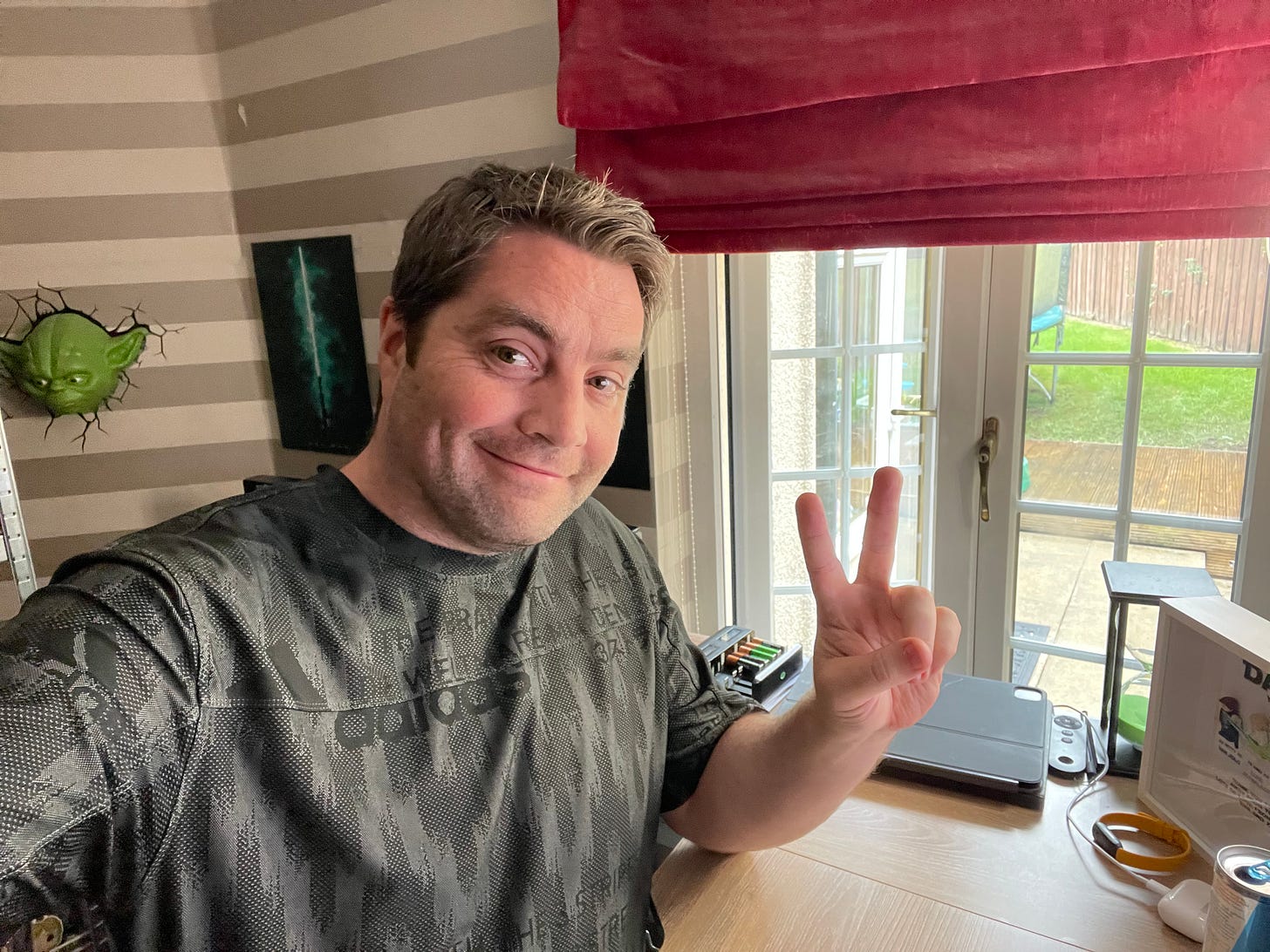K is for Keywords, Kindle unlimited, countdown deals and KDP select
Lots to delve into in this edition, K is a popular letter when it comes to the indie published author’s armoury!
Keywords
When you upload your manuscript to KDP (and other platforms) you will be asked to select up to 7 keywords that will help customers find your book on searches in Amazon.
They highlight your book’s unique traits, according to Amazon.
Simply enough, or so it seems. Getting these keywords right is a big part in improving your book’s discoverability and making sure the right readers find it amongst the millions of other books available online.
Keywords are often things you’d expect a reader to search for, like the genre or the tropes or themes, niche or more common, and you need to think about things like comp titles and authors that might help the right readers find your book.
For example, if you’ve written a Dystopian Fight-to-the-Death YA book, you’d be looking to comp that with the Hunger Games perhaps, or Suzanne Collins or maybe you’d put in more generic terms like YA Dystopian or love triangle or whatever your book features, but being mindful of existing readerships and how you can capitalise on readers searching for others books like yours, and then come across it.
There’s much more to think about as well, this is just a very simple, general idea of how to use keywords - there are so many strategies that people employ and you’ll have to find your own when you get started.
There is a useful (paid £) tool called Publisher Rocket from where you can search for keywords (among many other things) and see which books come up, their daily and monthly sales and see how big the market is for that keyword.
I quite like it, though it’s hard to measure the impact of changing keywords because it’s only one of so many factors that affect your book’s visibility and ultimately sales, but I always think you should optimise everything because it could be just that one thing that tips the balance in your favour and gets your more eyes and sales on your book.
Kindle Unlimited
To wide or exclusive - the elusive and much discussed topic that faces so many authors at all stages of their career.
In a nutshell, will you sell more e-books (and we’re only talking e-books with KU, not paperbacks or hardbacks) by going exclusive with Amazon taking advantage of their large KU readership and accumulating money via page reads, or do you go to all the retailers and platforms with your e-book and maybe take advantage of wider audience, particularly readers who don’t, or won’t, use Amazon.
It’s not a question that anyone can answer for you, it’s very much down to individual books and whether the KU money is likely to exceed the increased visibility and potential sales of being wide.
For many indie authors I know, it’s KU all the way, with most getting 50% or more of thier total income from KU page reads.
But that’s not the case for everyone, and some argue that diversifying income streams is by far the safest and best bet long-term. You never know what Amazon might do tomorrow and if they did cut KU, for example, there goes more than half of your income from one decision.
So it’s a call for you, personally, based on your book and whether it will be popular in KU. From my experience, my YA gets LOADS of page reads and definitely is best in KU but my MG gets relatively few in comparison and while I keep them in there for the time being, it would do me little damage to remove them and go wide as the income is very low right now.
KDP select and countdown deals
If your e-books are in KU, you can take advantage of two ways to get lots of e-book downloads/sales by using either their countdown deals (discount) or their free book deals.
I have done this a few times, where I discount my book to £0.99 for a limited time, take advantage of newsletter promotional sites that send out the discounted book listing to thousands of readers and wait for the deluge of sales.
This works - you do sell more books than usual but it’s about balancing the cost of the marketing (BookBub costs hundreds of pounds depending on your category) against how many sales you make. It’s likely to be more worthwhile the more books you have in a series and it works best when you use book 1 of that series for the discount as you can benefit from read through and readers buying subsequent books for full price (if you can hook them with book 1!).
Kindle themselves also do discount deals where they select your book and promote it for you for a month - I’ve not found these to be as effective and when they do, I only see a modest increase in sales, so it’s always worth asking yourself if the discount and reduced royalty overall is worth the deal you’re getting.
Again, that’s a personal one to decide based on your book and the potential to sell lots of cheap e-books!
Hope this was helpful - as always this is based on my own research and experiences and it’s possible other may have different views and experiences on these things and I’d always recommend you do thorough research on all of them, especially where you are spending larger sums of money to experiment.
Good luck with wherever you are on your journey - until next time!




